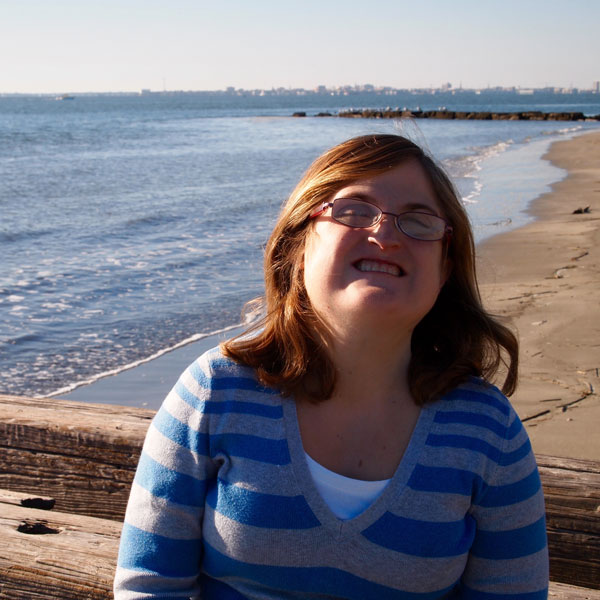 Ripple effect: Reflections from Barbara Spell
Ripple effect: Reflections from Barbara Spell
By Barbara Spell
We made a gift to MUSC not despite our loss, but because of it. Our daughter, Helen, passed away in November of 2015. In our grief, my husband, David, and I were comforted by the knowledge that everything that could have been done for Helen was done at MUSC. But in the end she was not able to overcome the many complications of her rare disease.
We wanted to find a way to express our deep appreciation to the physicians and staff in the Department of Medicine for the extraordinary and compassionate care provided to Helen. We knew our gift would help others at MUSC. But a most unexpected side effect is the tremendous sense of comfort and healing the gift has provided—to us.
And the healing continues. Knowing on a very personal level how rewarding charitable giving can be led me to volunteer at MUSC. I have learned much since being here about the groundbreaking research being done every day at MUSC—research that could one day lead to better therapies and even cures for many life-threatening diseases. Maybe even—one day—Helen's disease. The future of medical research has never been brighter.
I have also learned that the environment for funding that research has never been more challenging. Almost daily, there are news reports of decreased reimbursements to hospitals and physicians by both private insurers and governments. Although MUSC is a state-assisted medical center, safety net hospital, and medical university, the state of South Carolina provides only about 4% of MUSC's operating budget.
All of which means that gifts from donors have never been more critical to enabling MUSC to achieve its mission of providing extraordinary care and engaging in ground-breaking research that benefits the Charleston community and beyond.
Because of gifts from donors, MUSC can attract the highest quality physicians, faculty, and scientists who are doing vital research that is brimming with promise. Just as throwing a pebble in the water creates a ripple effect extending far beyond the original entry point, so gifts to MUSC have an enduring impact benefitting us and our loved ones—and continuing well past our own lifetimes.
In addition to making a current gift to MUSC, we decided to make a planned gift of life insurance proceeds, with the goal of increasing the value of the original gift and establishing a permanent legacy for Helen.
We chose to use our gift to MUSC to establish a lectureship in Helen's name. The lectureship fund will enable the Department of Medicine to invite a renowned leader in the field of rare pulmonary diseases to deliver an annual lecture and spend time with faculty, fellows, residents, and students. Our hope is that the lectureship will bring greatly needed awareness and knowledge about rare diseases to the MUSC community and will perpetuate Helen's memory and her joy for life despite her shortened lifespan.
And as David and I have already learned, the ripple effect of a gift can extend very positively back to the giver.



